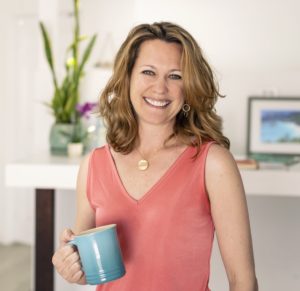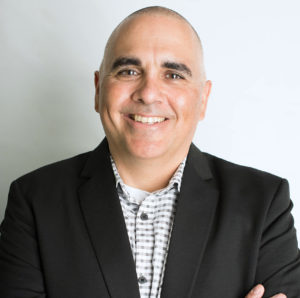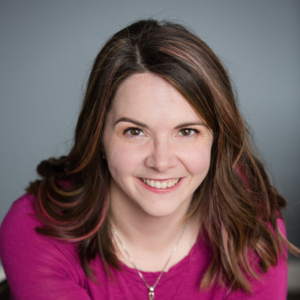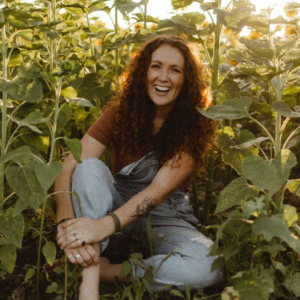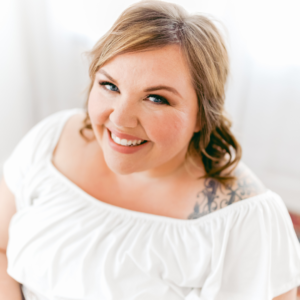I'm so excited to introduce you to this week's guest on Pep Talks for Side Hustlers, Lisa Princic of Scaling Deep!
Lisa helps impact-driven business owners dive deep into their unique value and business models to build sustainable $1million brands. She helps them simplify their offers, focus their brand with bolder messaging, strengthen and deepen their marketing systems. She is a trained business strategist and the host of the Scaling Deep Podcast. Lisa is a results-oriented, deep thinker who has a knack for “seeing” the value of each business and turning that into a pipeline of ideal clients.
Push play to listen to this week's episode, or read the full transcript below!

